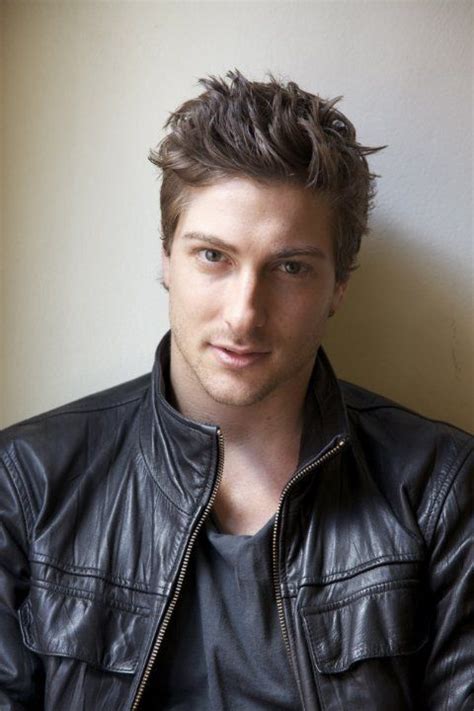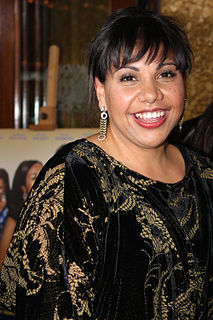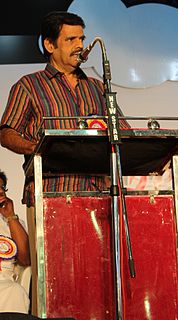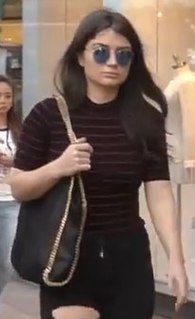A Quote by Daniel Lissing
I worked with Michael Goode back in 2009. We had done a short film together where I was the actor and he was the director. We got on well and I always remember that being the one of the first acting jobs I did.
Related Quotes
Michael [Douglas] was just leaving the TV series The Streets of San Francisco and he said, 'Dad, let me try it.' I thought, 'Well, if I couldn't make it...' So, I gave it to him and he got the money, the director and the cast. The biggest disappointment for me, I always wanted to play McMurphy. They got a young actor, Jack Nicholson. I thought, 'Oh God. He will be terrible.' Then I saw the picture and, of course, he was great in it! That was my biggest disappointment that turned out to be one of the things I'm most proud of because my son Michael did it. I couldn't do it, but Michael did it.
We made 'Mickey and the Bear' with barely any money with a first-time director, a first-time director of photography, and a crew who had just graduated from NYU film school. We were all very much in this together for the first time. There's no famous actor or big explosions. It's not a Marvel movie. I thought nobody was going to see this film.
Me and Kirby are very collaborative and it changes from film to film. The first project we worked on together, Derrida, we co-directed. The last film Outrage, I was the producer and he was the director. This film was much more of a collaboration - he is the director and I am the producer - but this is a film by both of us.
Acting became important. It became an art that belonged to the actor, not to the director or producer, or the man whose money had bought the studio. It was an art that transformed you into somebody else, that increased your life and mind. I had always loved acting and tried hard to learn it. But with Michael Chekhov, acting became more than a profession to me. It became a sort of religion.
My roommate in college in Austin, Texas, was Wes Anderson. Wes always wanted to be a director. I was an English major in college, and he got us to work on a screenplay together. And then, in working on the screenplay, he wanted my brother, Luke, and me to act in this thing. We did a short film that was kind of a first act of what became Bottle Rocket.
I have worked with a lot of really great women directors: Ana Kokkinos; Cate Shortland, who just recently directed a film called 'Lore;' another director, Rachel Perkins - she's an Aboriginal director, and I've worked with her three times now, and she gave me my first film role, actually, back in 1997.
I managed to get a short film with Channel 4 Films. I cast a young actor who'd done a bit of television before, a young actor called Ewan McGregor. That was very first thing. This writer had won this competition, and I made this little short, black and white movie. I think for both Ewan and I it was the start of our careers.
For my entire career, I wanted to be a director. When I was in the theater, it was very difficult to get directing jobs, and I fell into the acting by default. I got in the habit of accepting whatever came my way. Not things that I disagreed with, though. It's not like I had aspirations - well, I did have aspirations to play Hamlet, which I ended up doing.
My tutor was a film director on the side, and she introduced me to film. She then put me in one of her short films, and it came out of that. That's when I fell in love with the process of making a film. After that, I was about 15 and I was like, "This is what I've gotta do." So, I started taking acting lessons, and then I applied to college to do acting. I got an agent, and it all just happened.




































